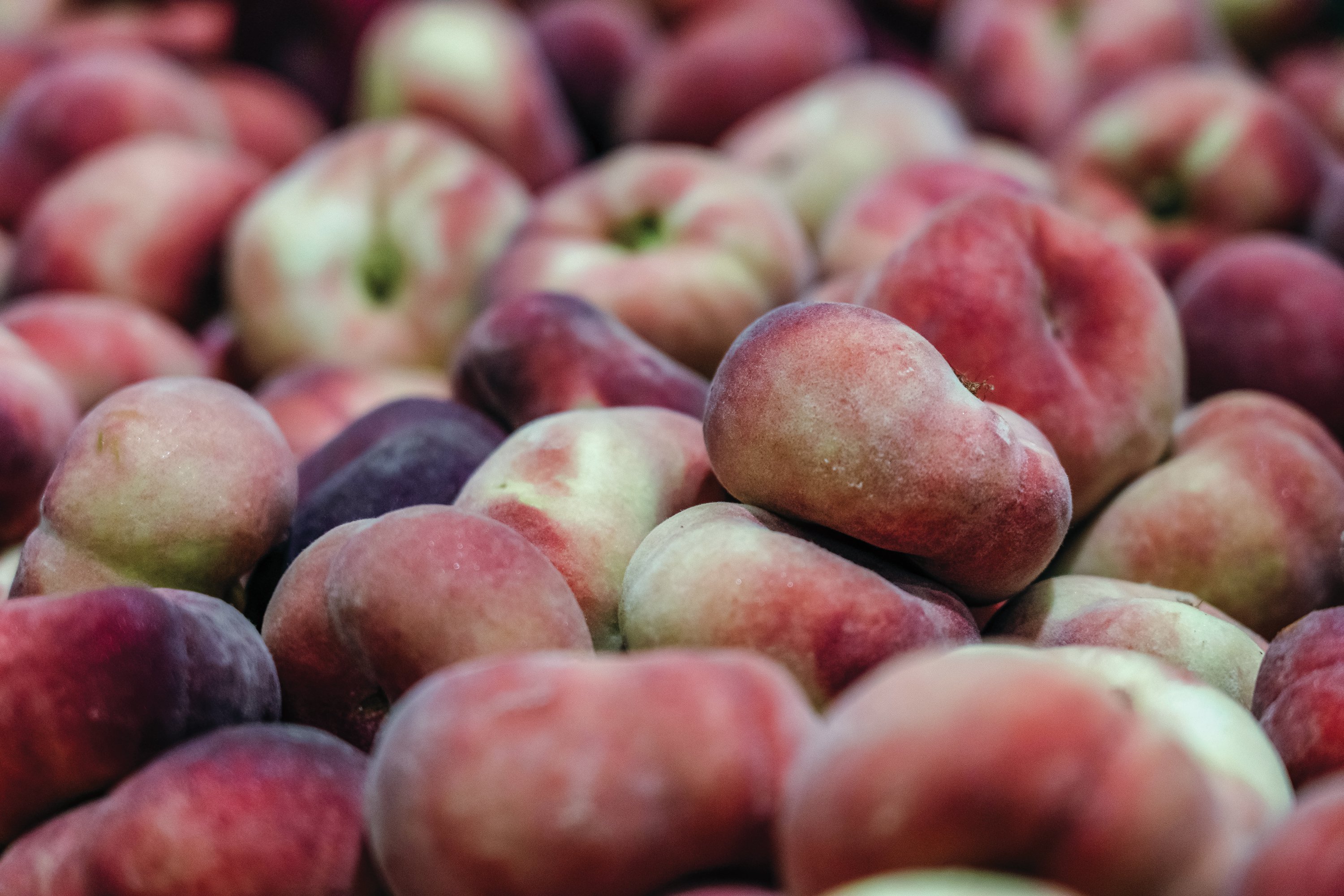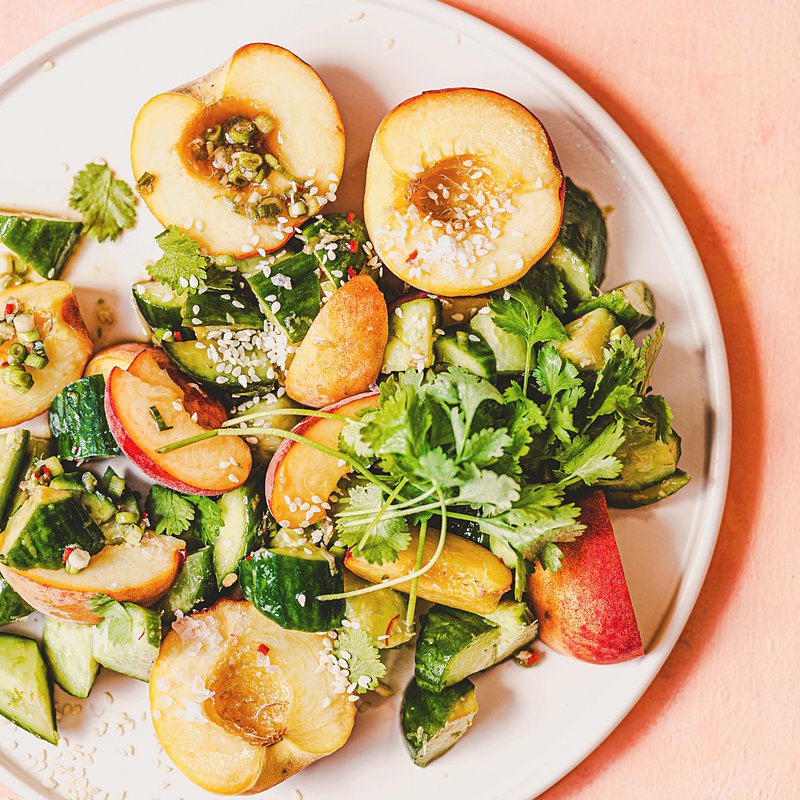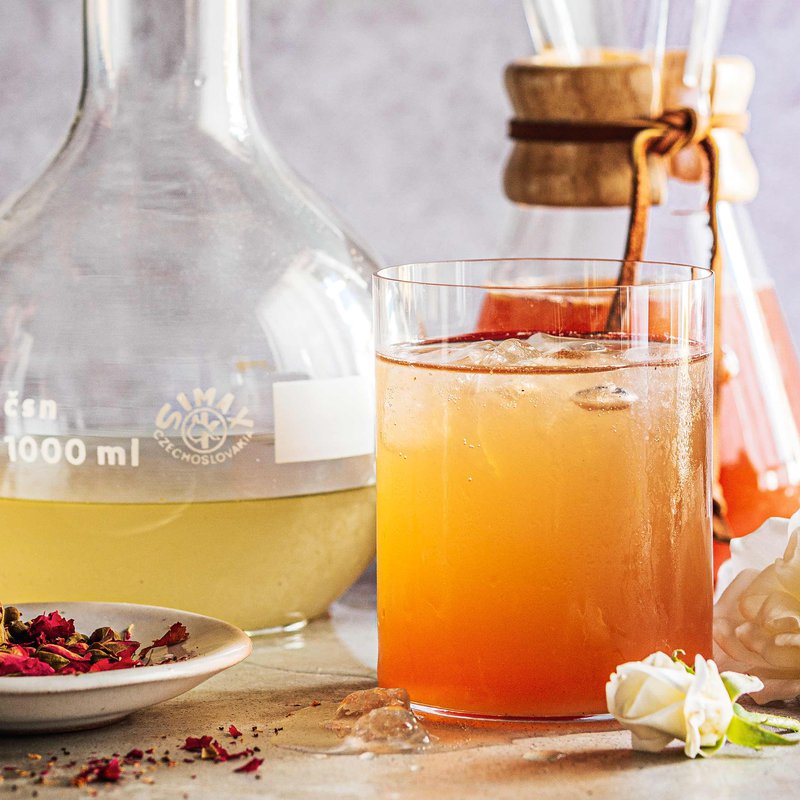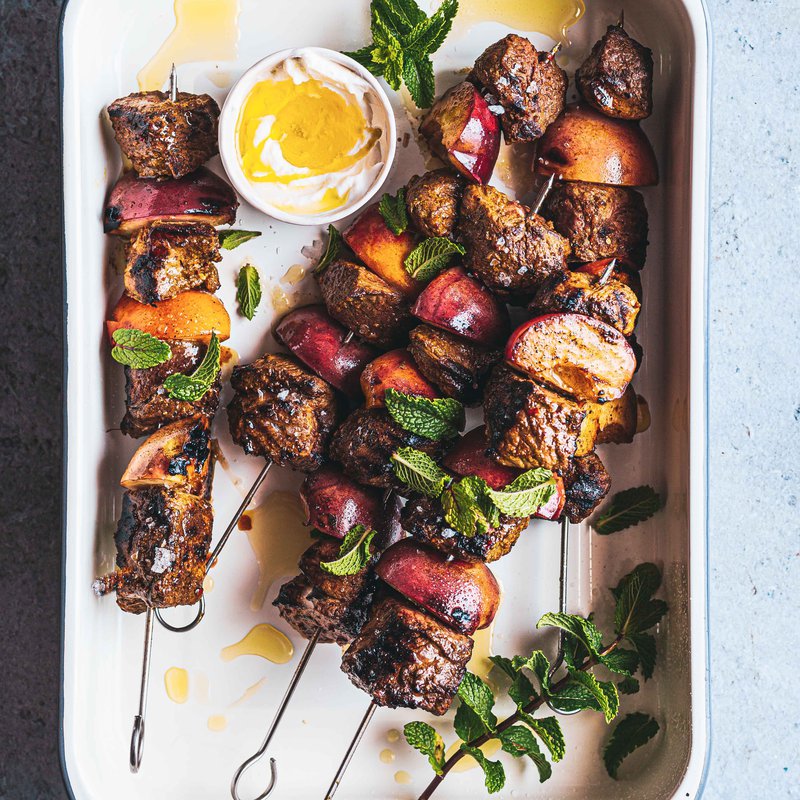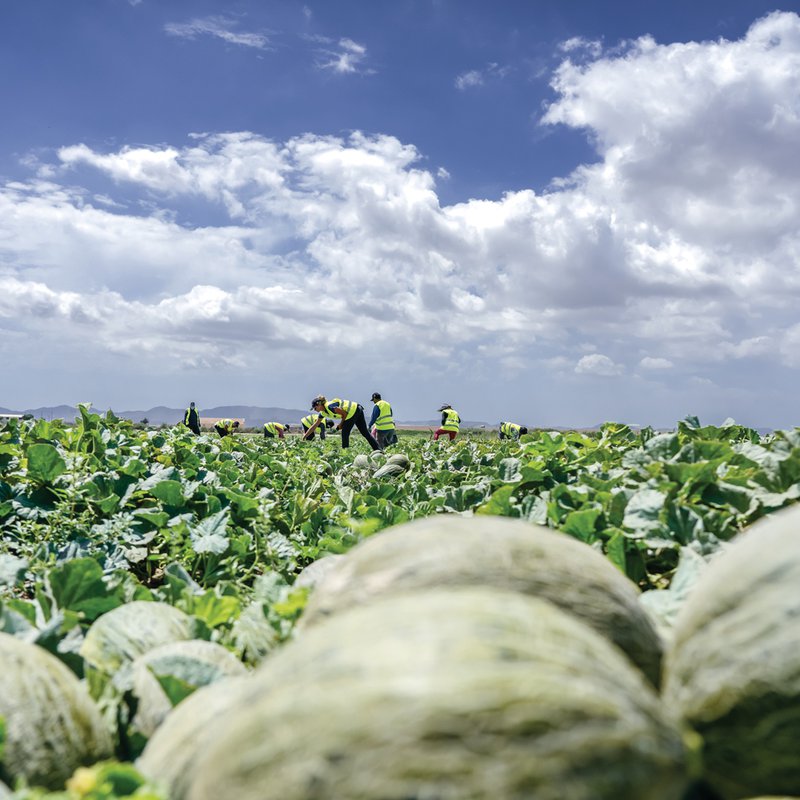Summer Fruit is a dynamic family business that has been farming stone fruit since 1919. Today, its plantations and production sites are spread across the northeast of Spain in regions that offer a perfect blend of moderate springs, hot summers and chilling winters. These weather conditions are optimal for growing peaches, plums, nectarines and apricots. Commercial manager Ramon Pascual and technical manager Javier Sorolla tell us more.
Summer Fruit is a world-leader in producing stone fruit. When did the company’s journey begin and how has it evolved?
Ramón: It all started with Aurelio Izquierdo and his family, who worked in agriculture in the Fraga region. But it’s the second, and now third generation of the Izquierdo family, who built the company to what it is today, by focussing on the production of stone fruit as well as exports. So, what started out as a small venture, has grown over the years thanks to investment, adapting the offering and working with new varieties of produce.
How many varieties does Summer Fruit produce, today?
Ramón: At the moment, we’re working 100 varieties. We travel around the world and are always on the lookout for the best, new varieties, which we can plant, trial and grow in Spain and eventually offer our customers around the world.
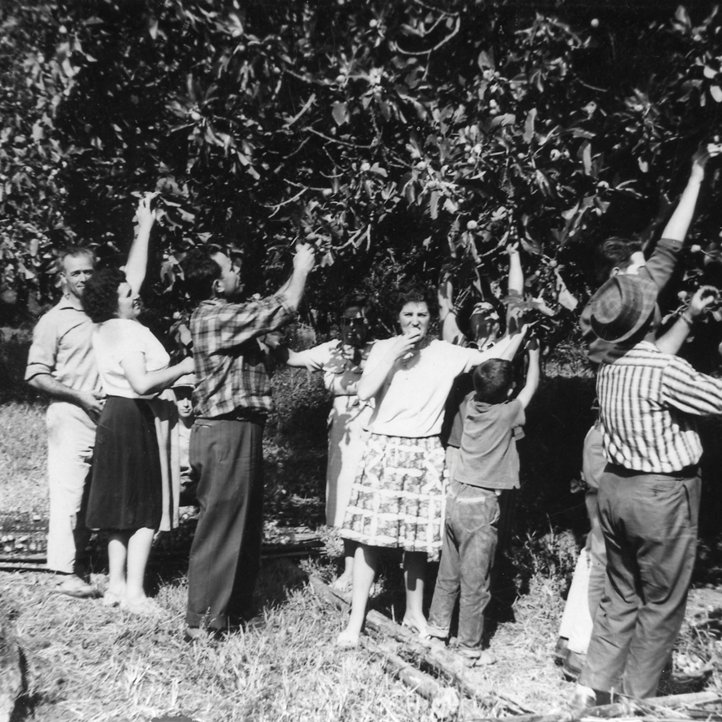
The first generation of the Izquierdo family
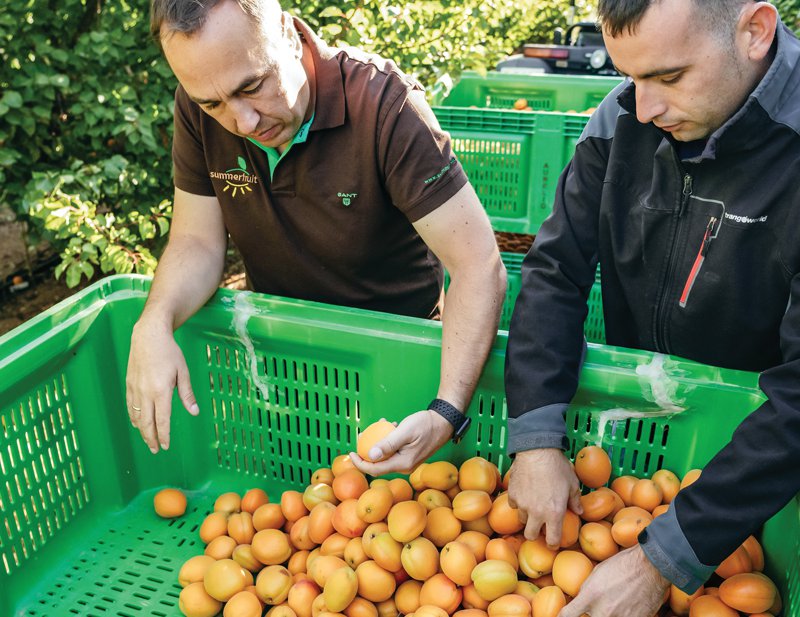
Summer Fruit’s apricots are large and have a beautiful blush
Summer Fruit’s farms are mainly located near the Pyrenees. Why is this region ideal for growing stone fruit?
Javier: A lot has to do with the weather conditions of this region. The contrasts in temperatures between the warm springs, hot and dry summers and cold, harsh winters influence the natural sugar levels or brix of our stone fruit, as well as their colour and firmness.
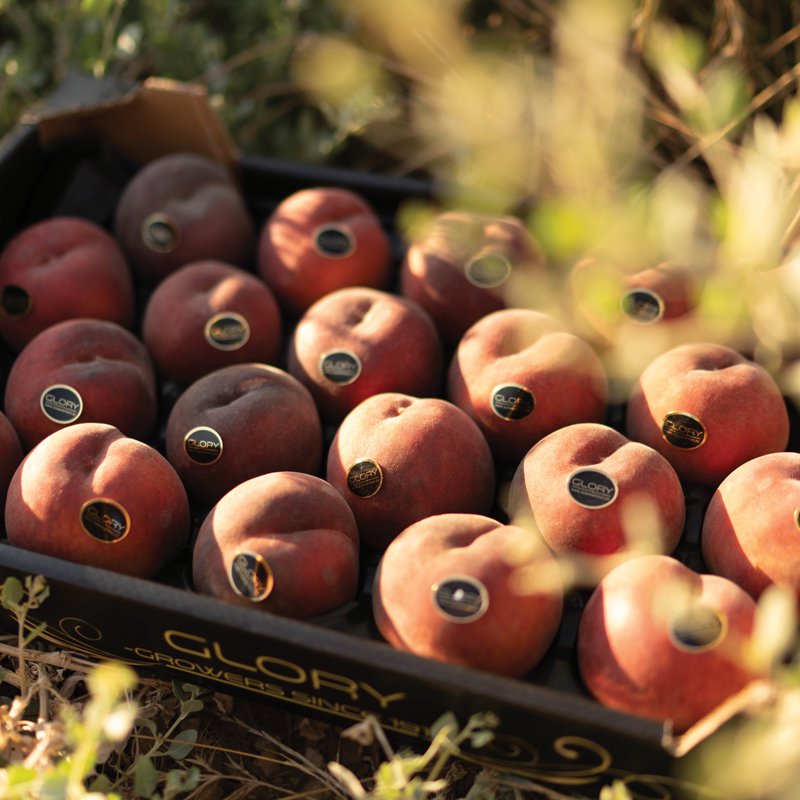
Yellow-flesh peaches
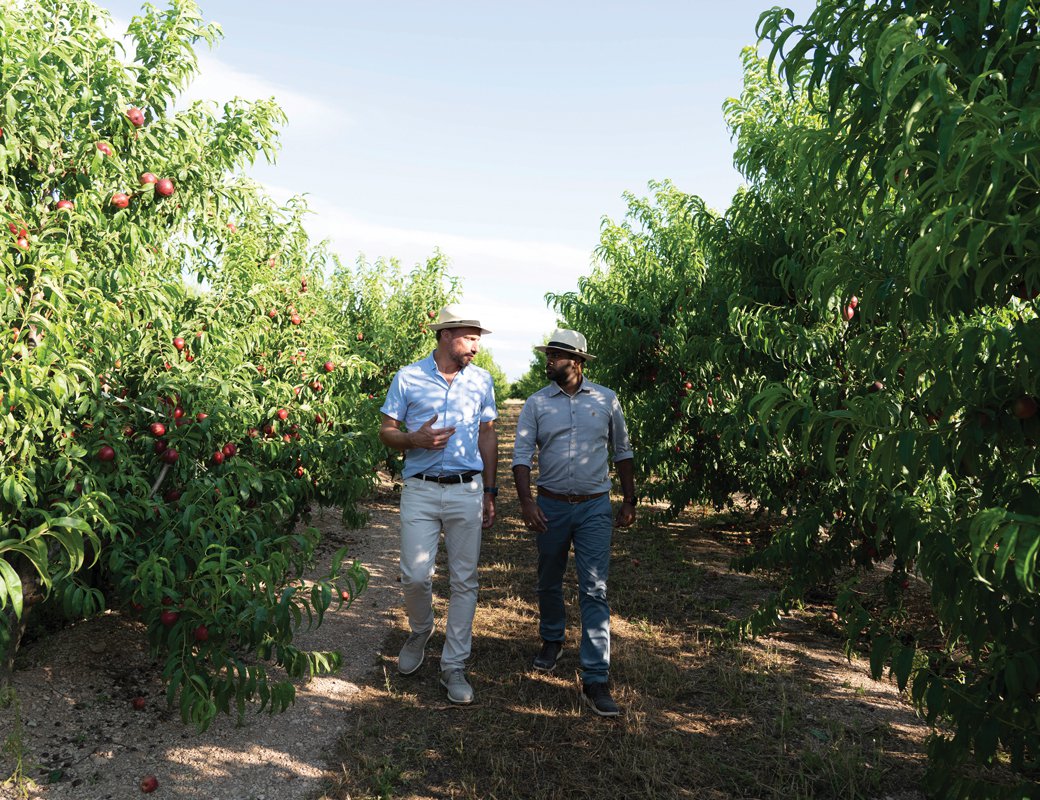
Neil Gibson, Spinneys produce category manager, and Mohamed Basheer, Spinneys fruit buyer
Inspired to try?
Make these delicious recipes
What process do you follow at Summer Fruit?
Ramón: Our harvest season starts in May and runs until October. That’s when we pick most of our stone fruit. Once the fruit has been picked, it goes to our centre in Fraga. We cool it, pack it and either send it by air or sea freight. We use both forms of transport for Spinneys – technically a peach can be picked from the tree and arrive on the shelves in Dubai within 48 hours.
We have the production facilities to process over 200 tonnes per day and we’re in control of the whole process and the traceability of our products.
During this challenging time of worldwide climate change, how is Summer Fruit responding or adapting?
Javier: We’re trying to lessen our environmental impact wherever we can. We make responsible and efficient use of our natural resources – especially energy and water. So, we’ve relooked at our irrigation systems and use solar panels and natural light, for example. We use recyclable materials in our pack houses and on the farms and we have reduced our packaging.
We’ve implemented areas of biodiversity on our land and have reduced the use of pesticides, too.
Another way in which we’re trying to reduce our carbon footprint is to build houses for our work force. These are close to our farms, which means we can reduce our transport.
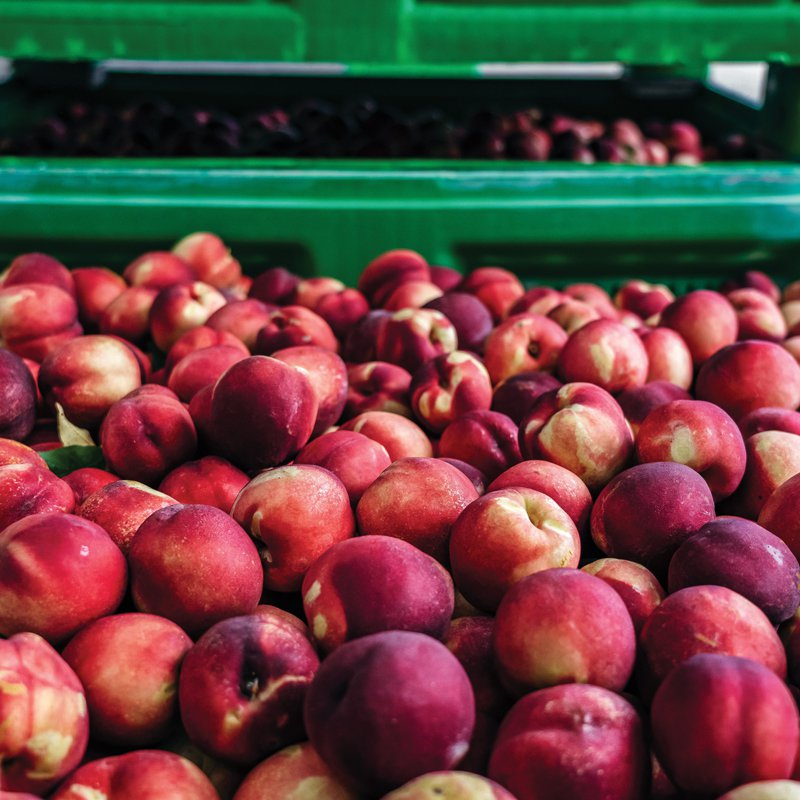
Peaches reach Spinneys within 48 hours of being harvested
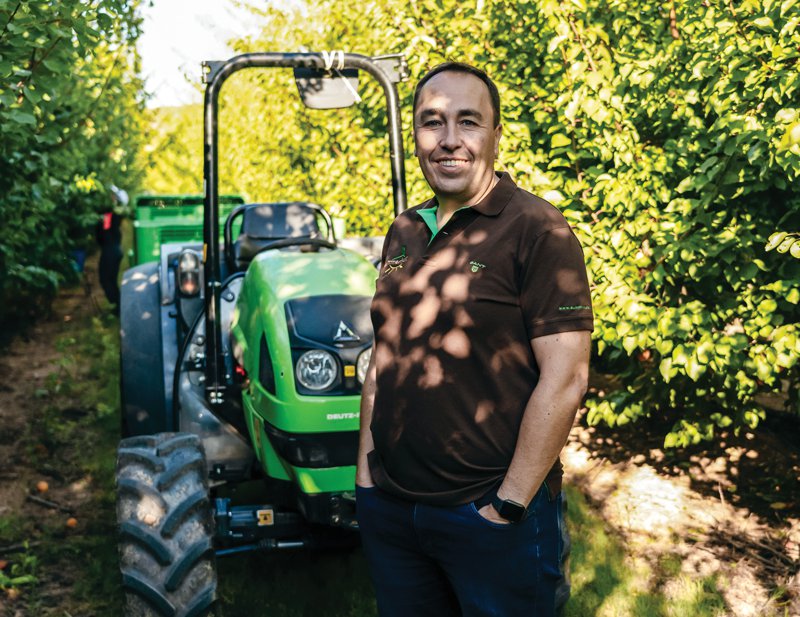
Ramon Pascual
